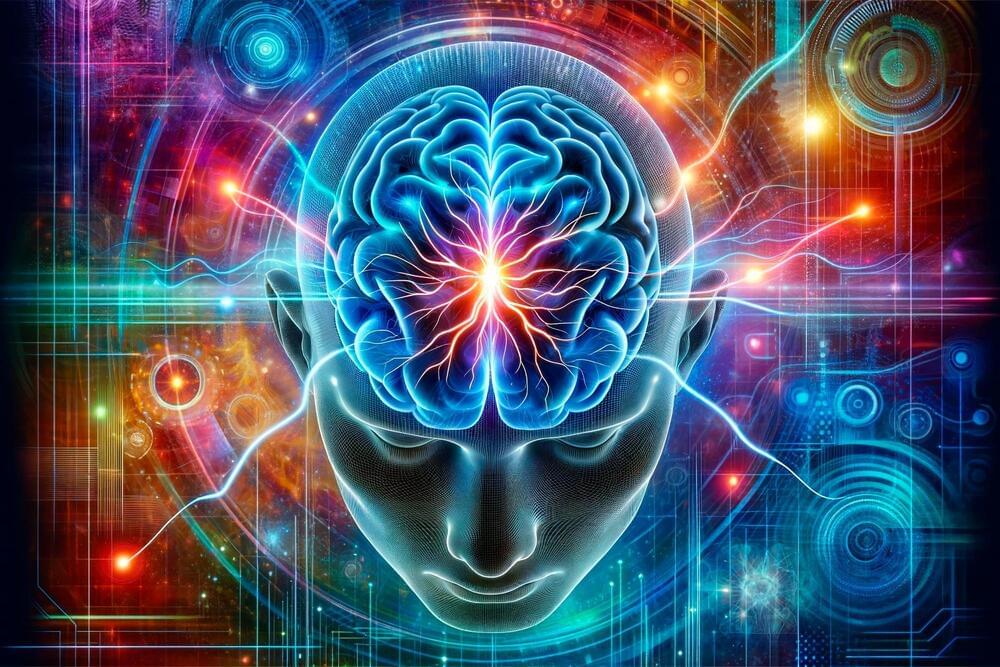Stanford Medicine scientists used transcranial magnetic stimulation to temporarily enhance hypnotizability in patients with chronic pain, making them better candidates for hypnotherapy.
How deeply someone can be hypnotized — known as hypnotizability — appears to be a stable trait that changes little throughout adulthood, much like personality and IQ. But now, for the first time, Stanford Medicine researchers have demonstrated a way to temporarily heighten hypnotizablity — potentially allowing more people to access the benefits of hypnosis-based therapy.
In the new study, published on January 4 in Nature Mental Health, the researchers found that less than two minutes of electrical stimulation targeting a precise area of the brain could boost participants’ hypnotizability for about one hour.
